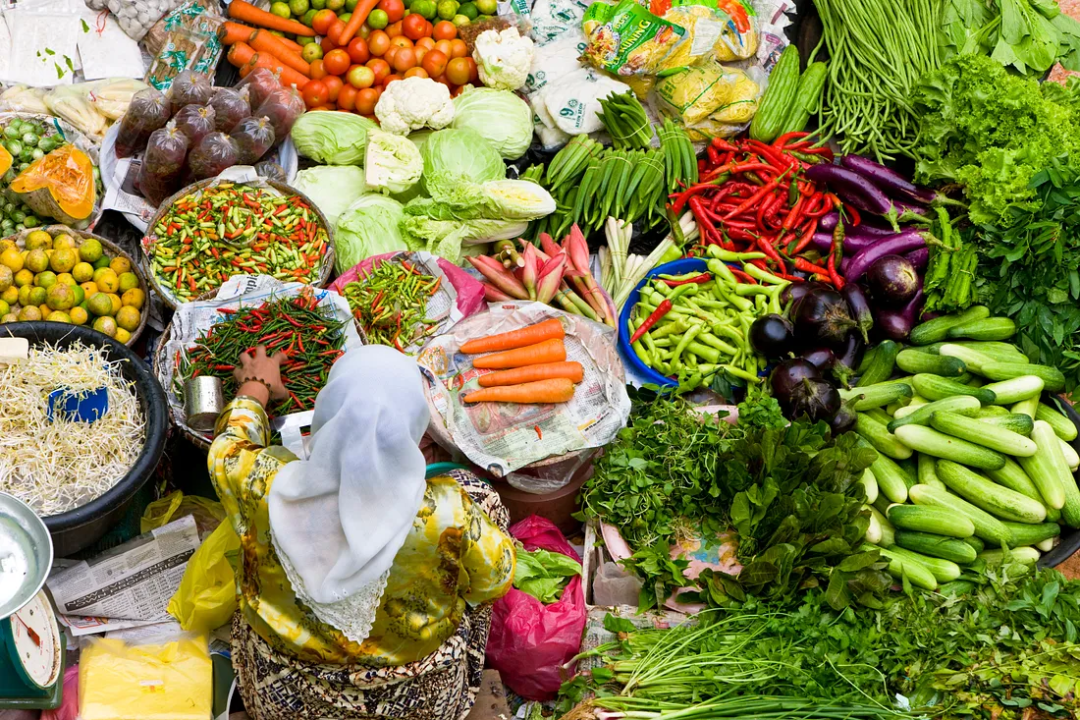
AS food systems and agricultural markets become more competitive and volatile under a changing climate, knowledge management has never been so critical in building resilience and sustainability.
A process that involves capturing, evaluating, defining, organising, retaining and sharing critical information, knowledge assets created by knowledge management include databases, policies, templates, manuals, production and market calendars, best practices, farmer files, market profiles and undocumented expertise possessed by diverse value chain actors.
Basically, knowledge management is a systematic process of improving knowledge-sharing, increasing efficiency and enhancing decision-making. Such a system is very important in agriculture and food systems where millions of farmers, traders and other actors are part of complex ecosystems.
How knowledge management can enhance agriculture and food systems
Knowledge management does not just ensure important information is captured and shared, but it also leads to better performance among farmers, traders, transporters, processors, food vendors and other value chain actors.
That also helps to reduce costs, speed up productivity and ensure all actors are following best practices. Some of the key benefits of a quality knowledge management system for agriculture and food systems include the following:
Improved efficiency
Knowledge management improves efficiency in a number of ways including quick and easy access to vital information, such as market updates and where to get affordable inputs — enabling farmers and other value chain actors to perform better. Through knowledge management, all information is on hand when needed, avoiding a lack of knowledge that could lead to several errors and setbacks.
- Climate financing boon for Zim agriculture
- Climate financing boon for Zim agriculture
- Climate financing boon for Zim agriculture
- Namibian beef enters Ghana market
Keep Reading
Better adaption to disruption
When agricultural policymakers and value chain actors are able to use knowledge management principles to capture data and derive insights, they can avoid or preempt disruptions related to climate change such as El Niño-induced drought, floods and locusts. Having access to agricultural and food systems data along entire value chains also enables decisionmakers to identify key weaknesses that could become a problem in the face of supply chain disruptions.
When those weaknesses are identified, the agricultural sector and food system can better plan and prepare for future setbacks, enabling them to be more resilient and avoid costly disruptions.
Enhanced decision making
Knowledge management also centralises data, making it easier to access, evaluate and analyse. This helps to improve decision making across the agricultural sector and food system, not just in terms of planning for disruptions. For instance, centralised data with knowledge management can help to improve tracking of food systems including the movement of food commodities from production areas to diverse markets — reducing gluts that often lead to loss of income for many farmers.
Greater farmer well-being and satisfaction
Farmer well-being plays a vital role in the overall performance and success of the agricultural sector and food system. Ensuring farmers have the information they need to do their work and maintain a productive commodity flow is a key element of knowledge management systems.
However, commodity flows and farmer well-being go beyond simply ensuring farmers can access what they need. It is also about making sure policymakers like the departments responsible for agriculture and food are able to effectively communicate with farmers and all value chain actors.
That can avoid cases where many young farmers in African countries are abandoning agriculture for alluvial mining and migrating to cities in search of better lives because agriculture fails to satisfy basic needs.
Addressing food safety and avoiding over-dependence on imports
Improving the capturing, storing, sharing and safety of data is very important in reinforcing compliance with government regulations related to issues like food safety that remain a big challenge in most African countries due to lack of reliable knowledge management systems.
For instance, there is no data collection system to monitor and track pesticides residues in fresh horticultural commodities from farm to fork.
Knowledge and information on food safety should not just be in a few heads like nutritionists and food scientists who are completely out-numbered by consumers. In addition to improving resilience, knowledge management can play a significant role in reducing food imports by closing knowledge gaps and increasing collaboration between value chain actors in ways that improve the quality of decisions.
That can prevent indiscriminate importation of food that can be easily substituted by local food.
- Charles Dhewa is a proactive knowledge broker and management specialist











